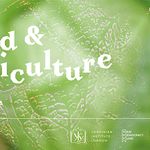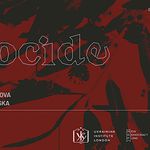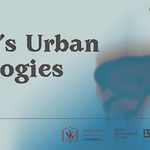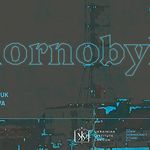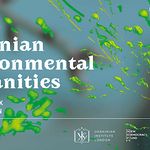Summer Seminars by the Ukrainian Environmental Humanities Network
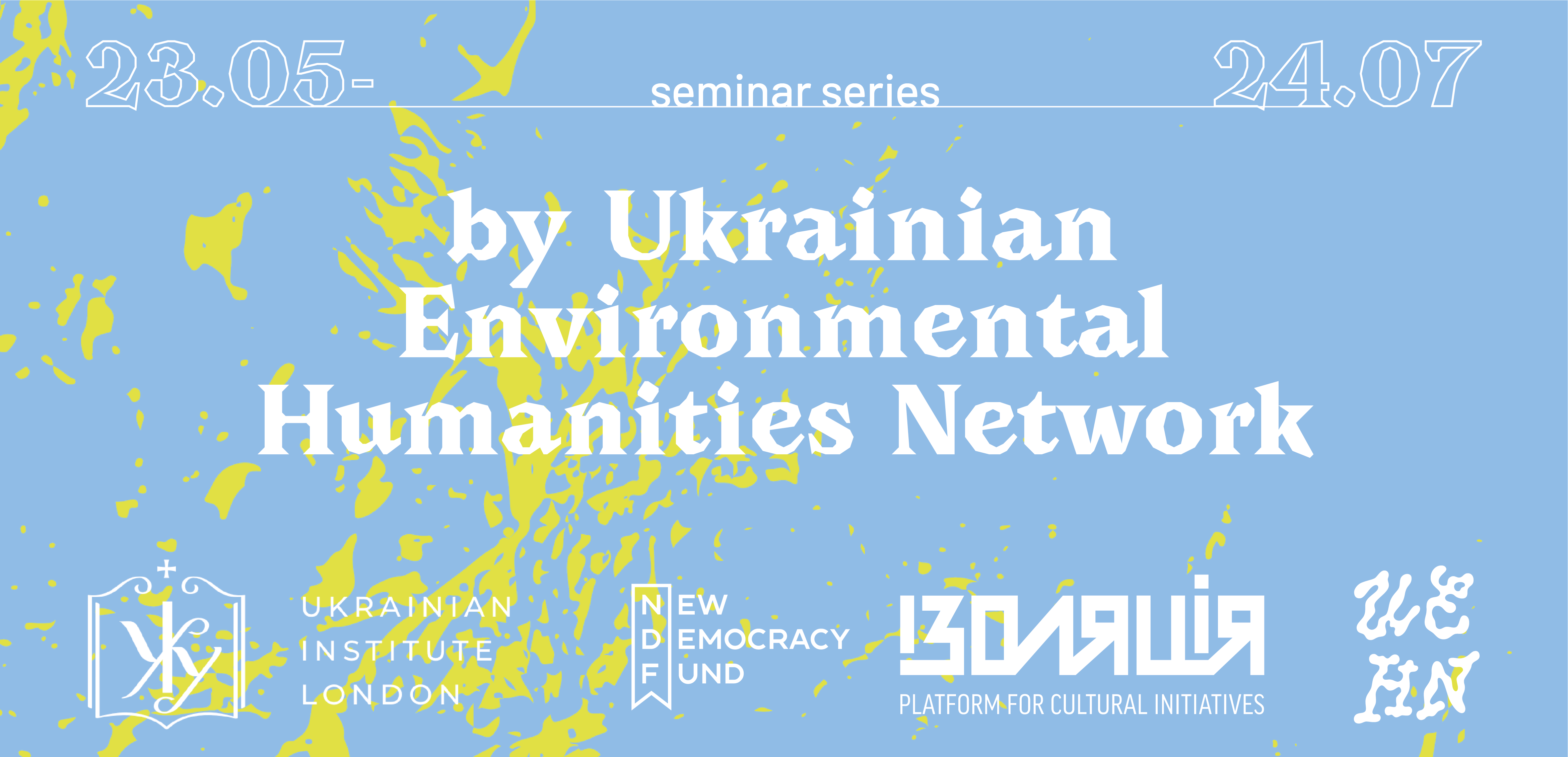
1 May 2023 — 31 August 2023
In May-August 2023, IZOLYATSIA and The Ukrainian Environmental Humanities Network conducted a series of online summer seminars, dedicated to the actual state of ecology in Ukraine and connections between genocide and ecocide practiced by the Russian Federation in Ukraine. Seminars covered topics of ecocide, food, and agriculture, Kyiv's urban ecologies, and Chornobyl. Seminars were open to general audiences and recordings are available online.
Ukraine is home to a diverse range of environments, including the richly biodiverse wetlands of Polissya (known as 'Europe's Amazon') in the north, the expansive grassland steppe in the east, and lowland forests and alpine meadows in the Carpathians to the west. Ukraine is also home to one of the world's worst environmental catastrophes (the Chornobyl nuclear disaster), is commonly known as the 'breadbasket of Europe', and is a country scarred by imperial forms of resourcification in the eastern Donbas region (see Bazdyrieva, 2022).
Since February 24th 2022, Russia's full-scale invasion of Ukraine has involved ecocide as a companion to genocide, bringing devastation to environments and people across the country (see Andrianova, 2022; Perga, 2022). Global reliance on environmentally destructive Russian oil and gas has prevented the international community from fully isolating Russia and supporting Ukraine to reclaim all its occupied territories (Radynski, 2022). Ukrainians, meanwhile, have shown immense resilience, amidst which, deep-rooted connections to land and landscape have begun to re-emerge (see Iakovlenko, 2022).
Environmental topics have gained increased visibility in both Ukrainian public discourse and the Ukrainian art and cultural spheres since the 2014 Russian invasion of Crimea and the Donetsk and Luhansk regions in Ukraine's east. This can be attributed to both greater global awareness of the interlinked climate and biodiversity crises, and also to a growing desire for, and conversation around, Ukrainian decolonisation. Scholars, artists, and activists have shown an interest in Ukraine's environments, their specificities, uniqueness, and the way Russia's military actions constitute ecocide. Such work represents a form of resilience against the aggressor.
Tanya Richardson and Darya Tsymbalyuk (2022) describe how mainstream (anglophone) environmental humanities scholarship has largely bypassed Ukraine or tends to pigeon-hole the country as a '(post)Soviet ruin' by focusing solely on events like Chornobyl. There is an urgent need to shine a light on, advance, and support the production of knowledge, art, and exhibitions relating to the Ukrainian Environmental Humanities (see Semchuk, 2022; Tsymbalyuk, 2022).
Project schedule
In May-August 2023, IZOLYATSIA and The Ukrainian Environmental Humanities Network conducted a series of online summer seminars, dedicated to the actual state of ecology in Ukraine and the connections between genocide and ecocide practiced by the Russian Federation in Ukraine. The series consisted of five online events:
- 23.05 — Ecocide (Alex Fisher, Natasha Chychasova, Kateryna Polianska)
- 16.06 — Food & Agriculture (Natalia Mamonova, Cooking Sections, Kateryna Aliinuk)
- 10.07 — Kyiv's Urban Ecologies (Addenda Press, Oleksiy Vasyliuk)
- 20.08 — Chornobyl (Bogdan Sinenko, Olena Pareniuk, Tamara Hundorova, Kate Brown)
- 24.08 — The Future of Ukrainian Environmental Humanities (Darya Tsymbalyuk, Tanya Richardson)
The Ukrainian Environmental Humanities Network was launched in 2022 by Dmytro Chepurnyi, Karolina Uskakovych, Jonathon Turnbull, Oleksandra Pogrebnyak, and Ewa Sułek. The network brings together scholars, researchers, artists, curators, designers, scientists, and more who are interested in Ukraine's more-than-human landscapes and ecologies.
The project is implemented with support from the New Democracy Fund implemented by the Danish Cultural Institute.
